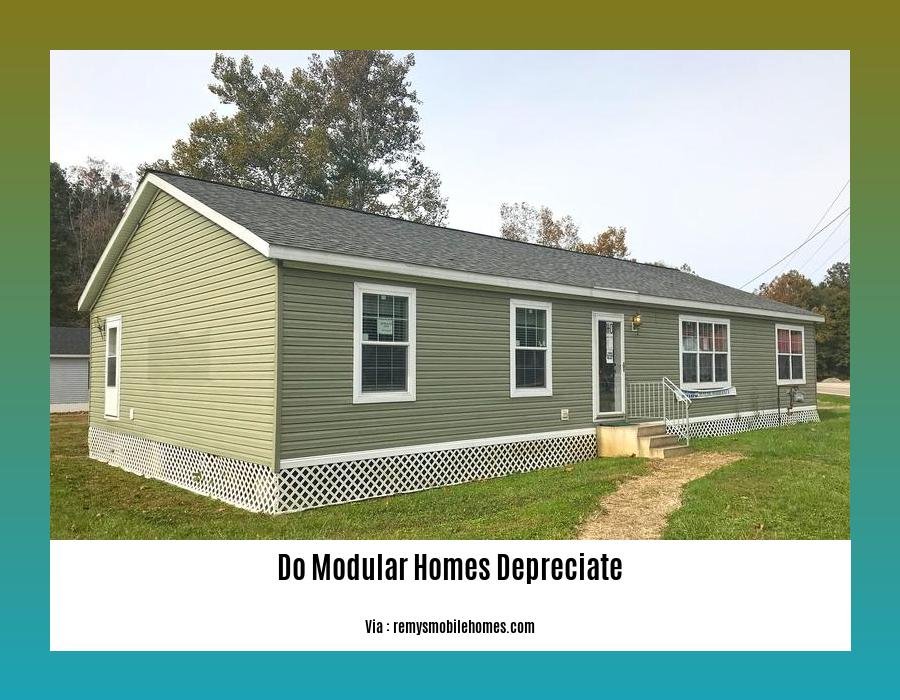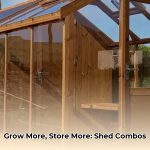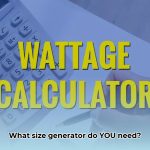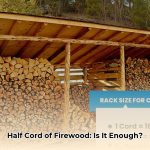Do Modular Homes Depreciate in Value Over Time? Here’s What You Need to Know: The housing market is constantly evolving, with new trends and developments emerging that can impact property values. One such trend gaining popularity is the use of modular homes. But do modular homes depreciate in value over time? This article delves into this topic, providing insights into the unique characteristics and performance of modular homes, and examining the factors that determine their value retention compared to traditional site-built homes.
Key Takeaways:
- Modular homes retain their value over time and often have a high investment return of 84%.
- Compared to on-site homes, they are 15% less expensive to build.
- Regularly maintain the modular home, make structural additions, and select a desirable location to preserve its value.
- Unlike mobile homes, modular homes do not depreciate and can hold or even increase in value if properly maintained.
- Improvements like crawlspaces, basements, and modern renovations can enhance the value of modular homes, similar to traditional homes.
Do Modular Homes Depreciate
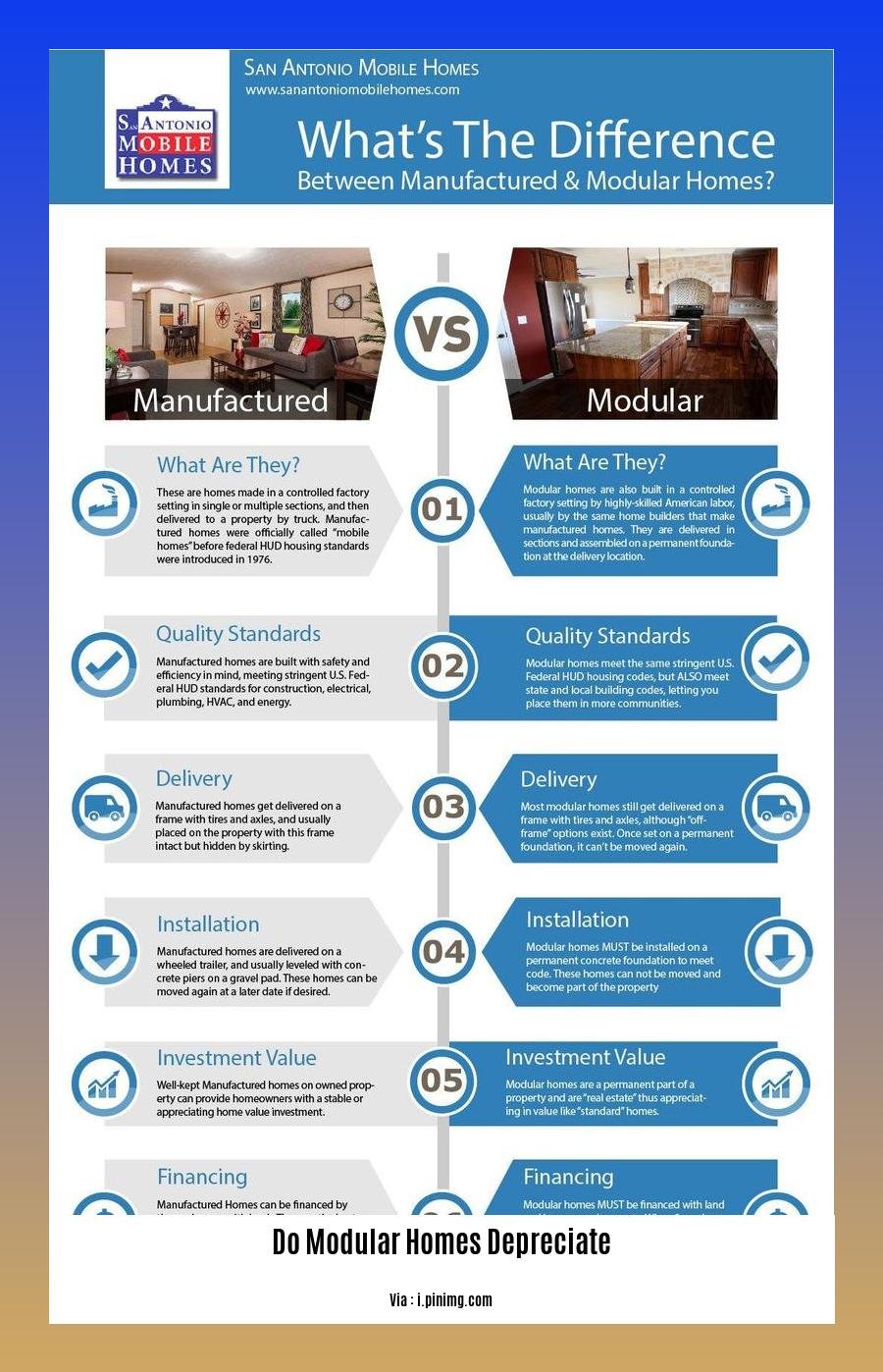
When thinking of homes that retain or increase in value, modular homes rarely come to mind. Fortunately, that’s not entirely true. Some may say that modular homes are an exception to the rule when it comes to property value appreciation. So, do modular homes depreciate over time?
The answer is generally no. In fact, modular homes offer a high investment return of 84% and cost approximately 15% less to construct than onsite homes. However, several factors influence whether a modular home will depreciate or appreciate.
Factors Affecting Modular Home Depreciation
-
Structural Additions: Enhancements such as crawlspaces and basements can increase a modular home’s value.
-
Regular Maintenance: Neglecting upkeep may lead to depreciation. Regular maintenance is essential for preserving your home’s value.
-
Location: Choosing a desirable location can make a difference. Homes in popular areas tend to hold or increase in value over time.
Preservation Strategies
Sustaining your modular home’s value involves strategic maintenance. Here are some tips:
-
Regular Maintenance: This includes routine inspections, cleaning, and repairs.
-
Quality Materials: Opt for high-quality building materials to ensure longevity.
-
Energy Efficiency: Incorporate energy-efficient features like insulation and appliances.
-
Curb Appeal: Keep the exterior of your home well-maintained and attractive.
Comparing Modular and Mobile Homes
Unlike mobile homes, modular homes can hold or appreciate in value, while mobile homes tend to depreciate over time. This is primarily due to construction differences and perceptions in the real estate market.
In conclusion, while modular homes do not typically depreciate, their value can still fluctuate based on various factors. By employing proactive maintenance strategies and making strategic improvements, homeowners can maintain or even increase their modular home’s value over time. Understanding these tips and tricks can ensure your modular investment remains profitable.
Wondering if the value of mobile homes depreciates over time? Do mobile homes depreciate in value
Planning to place a mobile home? Do you require permission? Check here for answers. Do you need planning permission for a mobile home
In need of a doctor’s visit, but prefer the comfort of your home? Explore options for doctor at home near me
Thinking of remodeling your bathroom? Wondering if it will boost your home’s value? Does bathroom remodel increase home value
Thinking of renovating your bathroom to boost your home’s value? Does remodeling a bathroom increase home value
Impact of Modular Home Depreciation on Resale Value
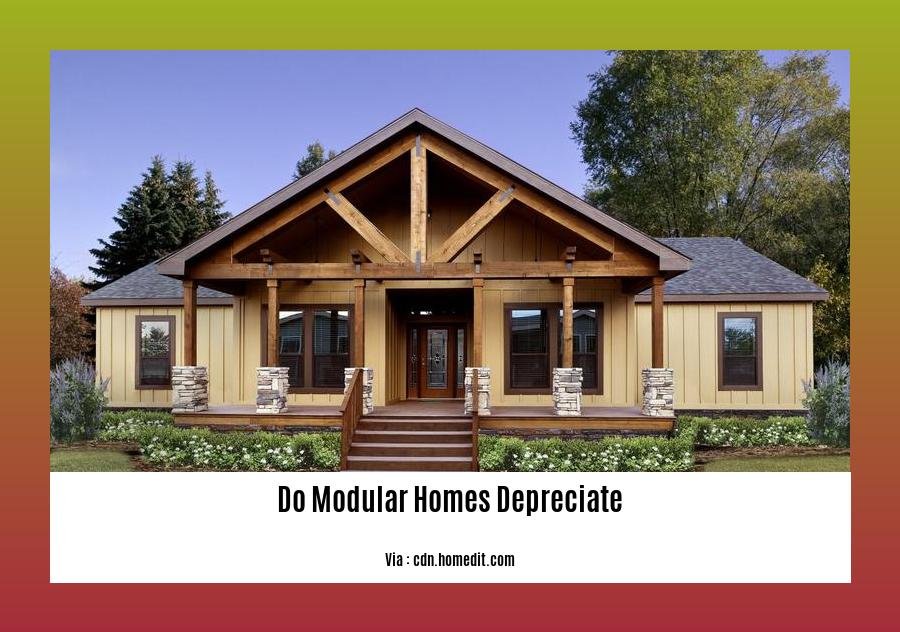
Key Takeaways:
-
Modular homes typically appreciate in value over time.
-
Factors like structural additions and regular maintenance can enhance a modular home’s value.
-
Modular homes are more affordable to construct compared to traditional homes.
-
Modular homes are built in a controlled environment, ensuring quality construction.
-
Modular homes can withstand various weather conditions and natural disasters.
-
Appreciation of modular homes may vary depending on location and market conditions.
-
Proper maintenance and strategic improvements can maintain or increase a modular home’s value.
-
Modular homes offer a good return on investment compared to traditional homes.
Modular homes are gaining popularity due to their affordability, durability, and energy efficiency. However, potential buyers often wonder if modular homes depreciate over time. The answer is no, modular homes do not typically depreciate and can even appreciate in value over the years.
Modular homes are constructed in a factory-controlled environment using high-quality materials and advanced techniques, ensuring durability and longevity. This controlled environment minimizes the risk of construction defects and weather-related issues, which can impact the value of traditional homes.
Moreover, modular homes can be easily expanded or modified to accommodate changing needs or preferences, adding to their value. Additionally, the energy-efficient features of modular homes can reduce operating costs, making them more attractive to buyers in the long run.
Just like traditional homes, the resale value of modular homes is influenced by several factors, including:
-
Location: Modular homes in desirable areas tend to appreciate in value more than those in less desirable areas.
-
Condition: Regular maintenance and upkeep can help maintain or increase the value of a modular home.
-
Improvements: Structural additions, energy-efficient upgrades, and aesthetic enhancements can boost the value of a modular home.
-
Market Conditions: The overall real estate market conditions can also impact the resale value of modular homes.
In conclusion, modular homes are not only cost-effective but also a sound financial investment. Their durable construction, energy efficiency, and potential for appreciation make them a wise choice for homebuyers seeking long-term value.
Sources:
1. Do Modular Homes Depreciate Over Time? Here’s the Truth
2. Do Modular Homes Hold Their Value? What You Need to Know
Strategies to minimize depreciation of modular homes
Modular homes have gained significant popularity as an affordable and efficient alternative to traditional site-built homes. However, concerns about depreciation can sometimes deter prospective buyers. In this article, we’ll explore strategies to minimize depreciation and maintain the value of your modular home. Let’s dive in!
Key Takeaways:
- Modular homes can hold their value and appreciate over time, just like traditionally built homes.
- Depreciation is influenced by several factors such as location, maintenance, and structural additions.
- Regular Maintenance: Diligent upkeep is crucial. Stay vigilant for signs of wear and tear, and address them promptly.
- Location Matters: Choose a desirable location with good schools, amenities, and infrastructure. Properties in sought-after areas tend to hold their value better.
- Invest in Curb Appeal: First impressions matter! Ensure your modular home’s exterior is visually appealing. Consider landscaping, painting, and maintaining the yard.
- Energy Efficiency Upgrades: Make your modular home energy-efficient by installing solar panels, upgrading insulation, and using energy-efficient appliances. This reduces utility bills and enhances your home’s value.
- Remodeling and Additions: Consider adding a room, renovating the kitchen or bathrooms, or finishing the basement. Structural improvements can significantly increase your home’s value.
Conclusion
By embracing these strategies, you can minimize depreciation and maintain the value of your modular home. Remember, regular maintenance, strategic location, well-maintained exteriors, energy efficiency, and structural improvements can help your modular home hold its value and even appreciate over time. So, invest wisely and enjoy the benefits of modular home ownership.
Sources:
- Modular Homes: Do They Depreciate?
- 7 Ways to Increase the Resale Value of Your Modular Home
Depreciation of Modular Homes Compared to Traditional Homes
Key Takeaways:
-
Modular homes hold their value over time and may even appreciate, unlike traditional stick-built homes, which can depreciate over time.
-
The construction method and quality materials of modular homes contribute to their ability to retain value.
-
Modular homes are built in a controlled factory environment, ensuring precision and reducing the risk of construction defects.
-
The depreciation of modular homes is minimal compared to traditional homes, making them a sound investment.
-
Modular homes can appreciate in value over time, especially if they are well-maintained and updated.
What Factors Affect the Depreciation of Modular Homes?
Several factors can affect the depreciation of modular homes:
-
Location: The location of the modular home plays a significant role in its value. Well-established neighborhoods with good schools, access to amenities, and a strong job market tend to have higher property values, including modular homes.
-
Condition and maintenance: Regular maintenance and upkeep are essential for preserving the value of modular homes. Timely repairs, renovations, and upgrades can help maintain the home’s condition and prevent costly issues in the future.
-
Quality of construction: The quality of materials and construction methods used in the modular home can impact its value. Homes built with high-quality materials and construction practices are more likely to retain their value over time.
-
Appreciation Potential: Just like traditional homes, modular homes have the potential to appreciate in value over time, particularly in areas with a strong housing market. Factors such as economic growth, population growth, and neighborhood improvements can contribute to appreciation.
How Does Depreciation of Modular Homes Compare to Traditional Homes?
The depreciation of modular homes is typically lower than that of traditional homes due to several reasons:
| Feature | Modular Homes | Traditional Homes |
|---|---|---|
| Construction Method | Factory-built, controlled environment | On-site construction, exposed to weather and potential errors |
| Building Materials | High-quality, standardized materials | Variable quality of materials and workmanship |
| Construction Time | Faster, weather-independent | Slower, weather-dependent |
| Maintenance | Less maintenance required | More maintenance required |
| Value Retention | Holds value well, may appreciate | Can depreciate over time |
Citation:
Do Modular Homes Depreciate in Value? Costs & Return Rate
Do Modular Homes Hold Their Value? Pros, Cons, & Appreciation
FAQ
Q1: Do modular homes depreciate in value over time?
A1: Modular homes do not depreciate over time like traditional homes. In fact, they tend to appreciate in value, making them a solid financial investment.
Q2: How do modular homes compare to traditional homes in terms of construction costs?
A2: Modular homes are typically around 15% cheaper to build than traditional, site-built homes. This is due to the streamlined manufacturing process and the use of pre-fabricated components.
Q3: What are some strategies to maintain the value of a modular home?
A3: To maintain the value of a modular home, homeowners can make structural additions, perform regular maintenance, and choose a popular location for their home. This will ensure that the home remains attractive and desirable to potential buyers.
Q4: How do modular homes compare to mobile homes in terms of value appreciation?
A4: Modular homes hold their value much better than mobile homes. While modular homes can appreciate in value over time, mobile homes typically depreciate rapidly, similar to vehicles.
Q5: What are the key advantages of modular homes over traditional site-built homes?
A5: Modular homes offer several advantages over traditional site-built homes, including affordability, energy efficiency, ease of construction, and the ability to be customized to meet the specific needs of homeowners.
- Greenhouse Storage Shed Combos: Your Guide to Combining Growing and Storage - April 21, 2025
- Greenhouse Shed Combo: Design, Build & Grow Year-Round - April 21, 2025
- Gingham vs. Plaid: What’s the Difference? A Complete Guide - April 21, 2025
